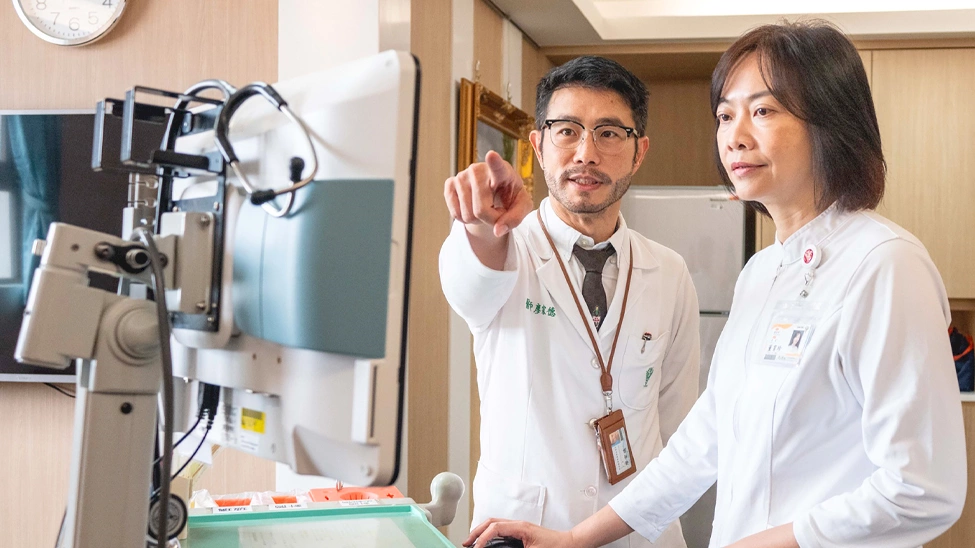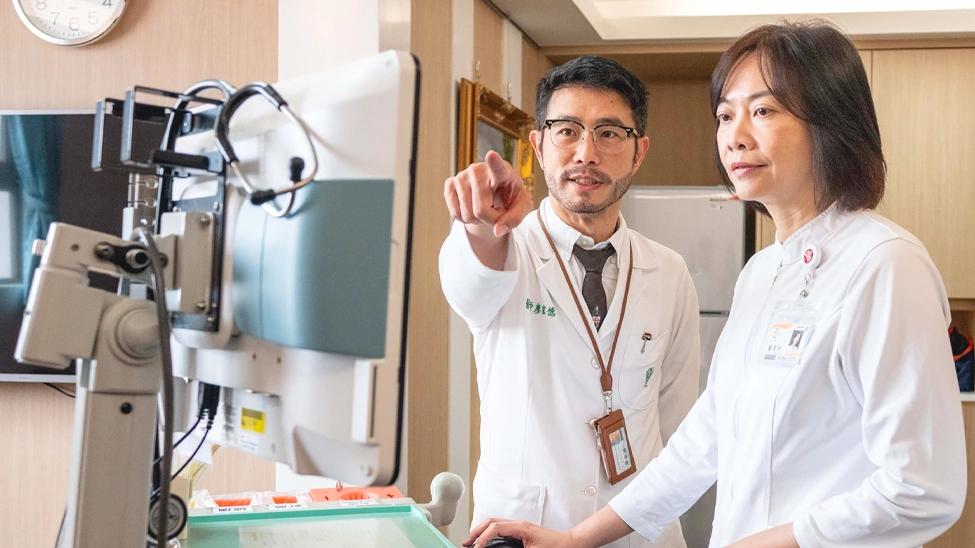Enhancing Healthcare through AI and Cloud Technology
Healthcare providers face numerous challenges, including rising costs, staff shortages, and increasing regulatory pressures. However, generative AI, cloud, and data solutions are helping them deliver faster, more cost-efficient, and more accurate care. According to Dr. David Rhew, global chief medical officer and vice president of healthcare at Microsoft, these technologies are transforming the healthcare landscape.
Revolutionizing Diagnostic Processes
Topcon’s Harmony platform, which runs on Microsoft Azure, enables AI models to evaluate retinal images for diabetic retinopathy and other conditions. This solution makes the diagnostic process “fast, fully automated, and inexpensive.” The AI models for detecting diabetic retinopathy have been approved by the US Food and Drug Administration, and several sites across the USA have deployed this approach.

Streamlining Administrative Tasks
AI technology is also being used to automate routine tasks, boosting operational efficiency and productivity. For example, AI can be used to risk-stratify patients, identify high-risk individuals, and analyze clinical data. Microsoft’s Dragon Ambient eXperience (DAX) Copilot is helping hundreds of healthcare organizations streamline administrative tasks and document patient visits directly in electronic health records.
Building Trust in AI
While many patients and healthcare professionals acknowledge the potential of AI-powered solutions, they also cite concerns regarding data privacy and the risks of the technology causing unexpected harm. To overcome these concerns, Rhew emphasizes the need to develop AI skilling and reskilling programs, improve AI literacy in the workforce, and operationalize responsible AI principles.
The Future of Healthcare AI
Microsoft has joined forces with 16 healthcare providers and two community health organizations to form the Trustworthy & Responsible AI Network (TRAIN) to make high-quality, safe, and trustworthy AI tools accessible to every healthcare organization. By working together, TRAIN members aim to establish best practices for operationalizing responsible AI, improving patient outcomes and safety while fostering trust in healthcare AI.


